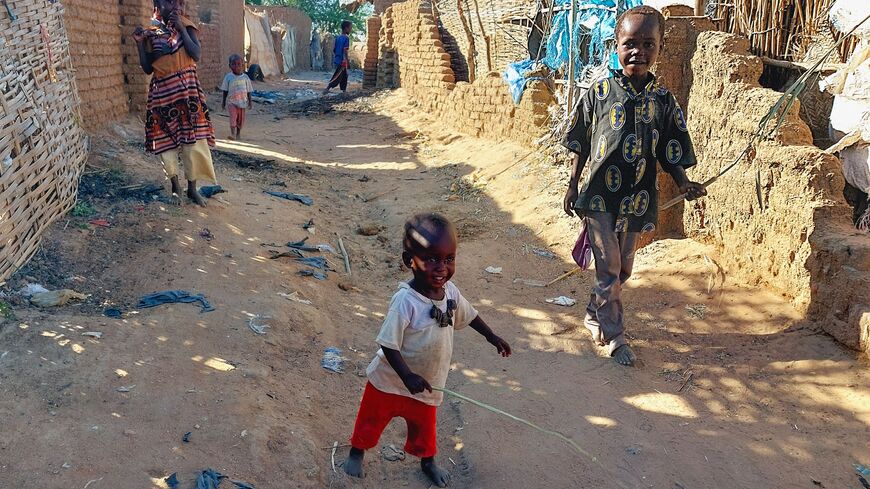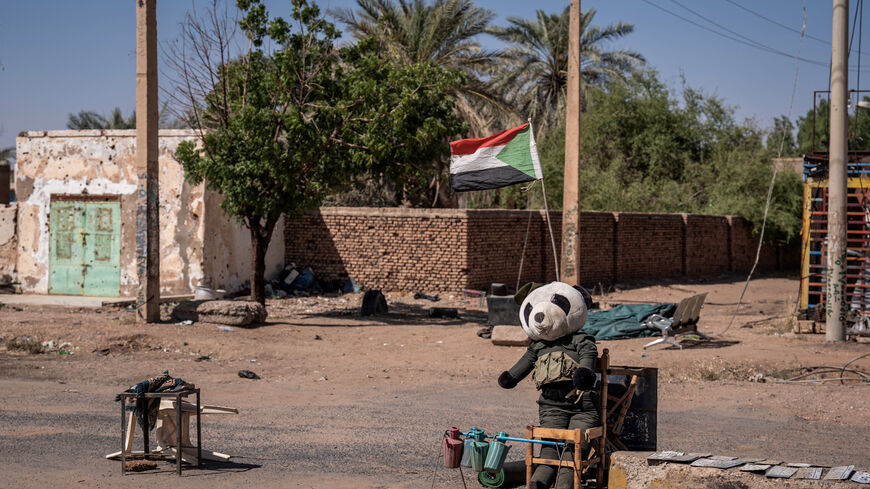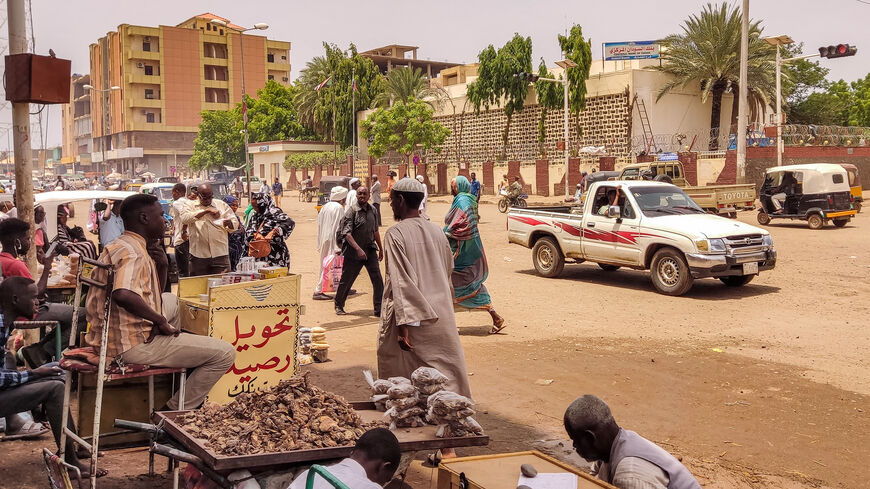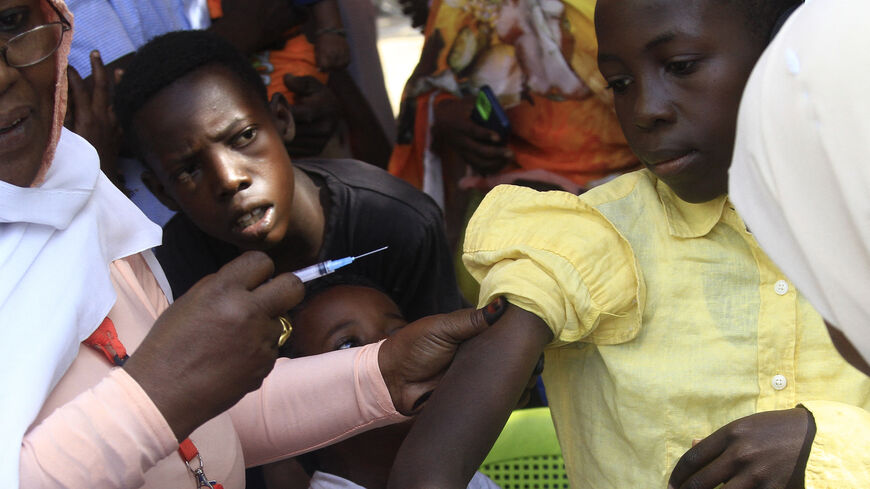With 6.5m displaced, Sudan on course to be 'world's worst hunger crisis': UN
As the conflict in Sudan nears its one-year anniversary, the United Nations is ringing ever more strident alarms over an impending humanitarian catastrophe.

The world’s worst humanitarian crisis is unfolding in Sudan, where the civil war is approaching its one-year anniversary, while the world’s attention has been focused on the ongoing conflict between Israel and Hamas in the Gaza Strip.
“A humanitarian travesty is playing out in Sudan under a veil of international inattention and inaction,” Edem Wosornu, the director of operations at the UN Office for the Coordination for Humanitarian Affairs, said on Wednesday.
Briefing the UN Security Council on the humanitarian situation in Sudan, Wosornu warned of the “harrowing levels of violence” that “have taken a horrendous toll on civilians.”
“By all measures — the sheer scale of humanitarian needs, the numbers of people displaced and facing hunger — Sudan is one of the worst humanitarian disasters in recent memory,” Wosornu added.
The conflict in Sudan erupted in the capital Khartoum on April 15, 2023, between the Sudanese Armed Forces and the paramilitary Rapid Support Forces vying for power after years of instability that followed the fall of longtime dictator Omar al-Bashir in April 2019. The fighting has since spread to other areas of the country.
Since then, at least 14,600 people have been killed, including many women and children, and 26,000 others have been injured, according to the latest data by the UN's human rights office.
The war has also pushed around 6.5 million people to flee their homes in Sudan, while an additional 1.8 million people fled to neighboring countries, in what Wosornu described as the “world's largest internal displacement crisis.”
Wosornu further warned of a looming famine in Sudan as more than 18 million people — more than a third of Sudan’s total population — are already facing acute food insecurity.
“Sudan is on course to become the world's worst hunger crisis,” the UN official said.
Wosornu also spoke about the hindrance of aid deliveries across Sudan and deplored the lack of international action.
“Simply put, we are failing the people of Sudan,” she said.
Earlier this month, the Security Council adopted a resolution calling on Sudan’s warring sides to immediately end the ongoing hostilities and seek a sustainable resolution to the conflict. However, a cease-fire has failed to materialize amid the ongoing fighting between the army and the RSF.
During Wednesday’s briefing, Wosornu called on the concerned parties to push for an immediate cease-fire and a peaceful settlement to the conflict as well as facilitate the entry of cross-border aid and shore up funding for humanitarian operations.
Wosornu’s warnings coincided with a US pledge to provide $47 million in humanitarian assistance for the emergency response in Sudan and neighboring countries, including Chad and South Sudan. The announcement came during a meeting between US Assistant Secretary for Population, Refugees, and Migration Julieta Valls Noyes and Chadian Prime Minister Succes Masra on Wednesday.
According to the State Department, the United States is the largest donor of humanitarian aid to Sudan, providing more than $968 million in aid since September 2023.
On Monday, the UN Committee on the Rights of the Child sounded the alarm about attacks and violations committed against children in Sudan.
The CRC said in a news release that 24 million children are at risk of a “generational catastrophe.”
“There were worrying reports of rape of civilians, including children, denial of humanitarian access affecting children’s access to basic necessities and other violations of international law, including violations of children’s economic and social rights,” it added.
There have been several reports of abuses and rights violations by both the Sudanese army and the RSF throughout the war, which UN and rights groups say could amount to war crimes.
In a report released earlier this month, UN experts found evidence of targeted ethnic killings, forced displacement, looting and rape, mostly committed by the RSF.






